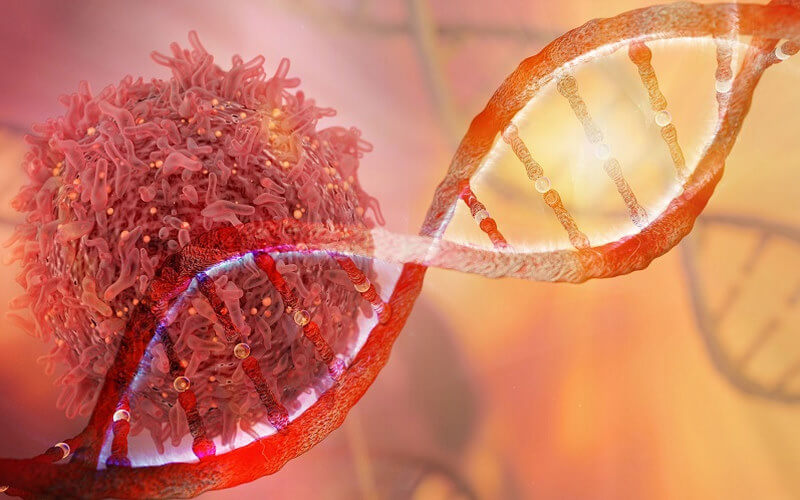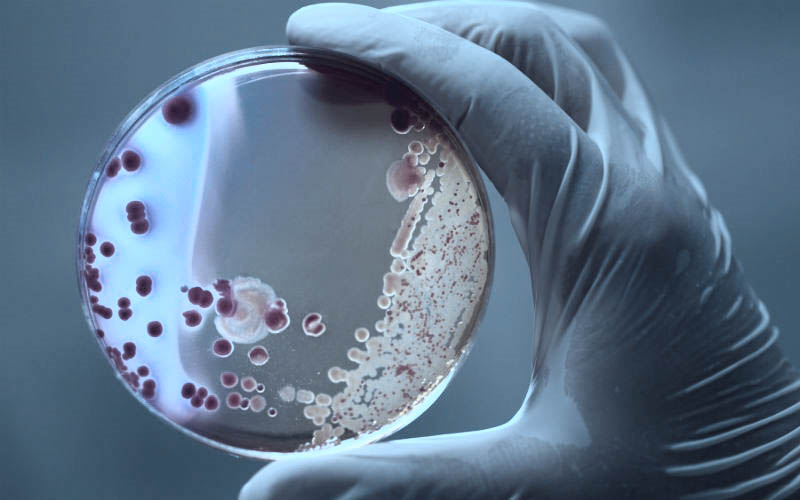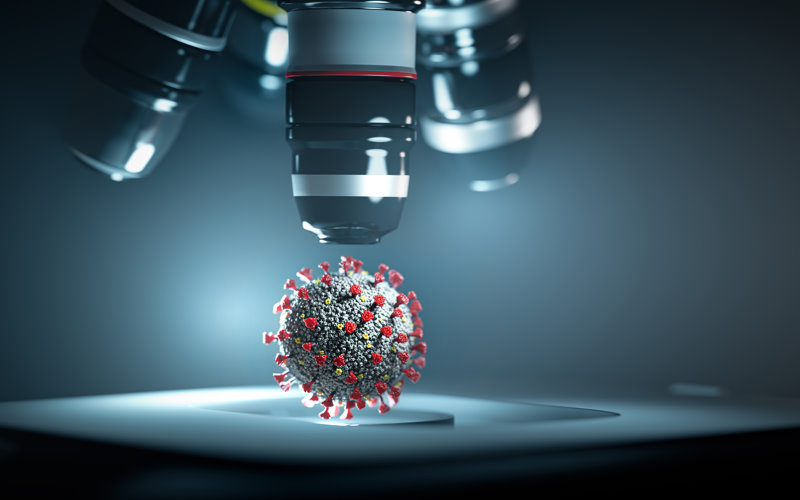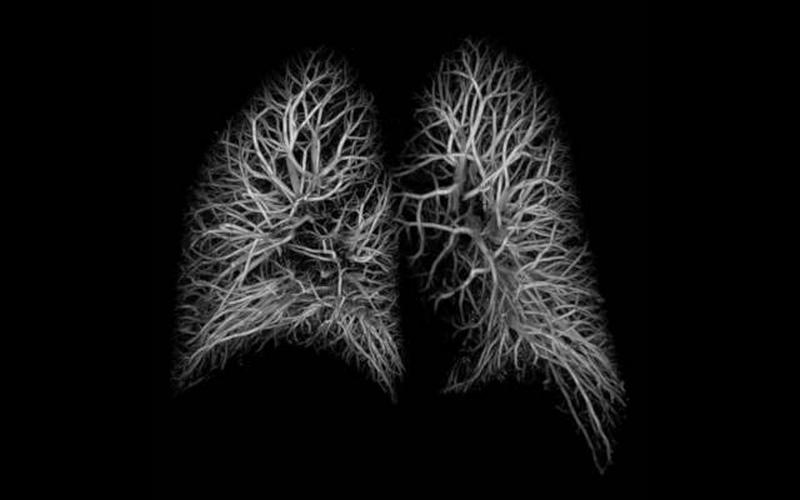Postgraduate Taught Degrees

Featured course: Clinical and Public Health Nutrition MSc
This MSc is for anyone looking for careers in cutting-edge research, nutrition therapy practice, or in the clinical / nutrition industries.

Featured course: Eating Disorders and Clinical Nutrition MSc
This MSc is for clinicians and scientists who wish to provide treatment, develop services, and conduct research in the field of eating disorders.
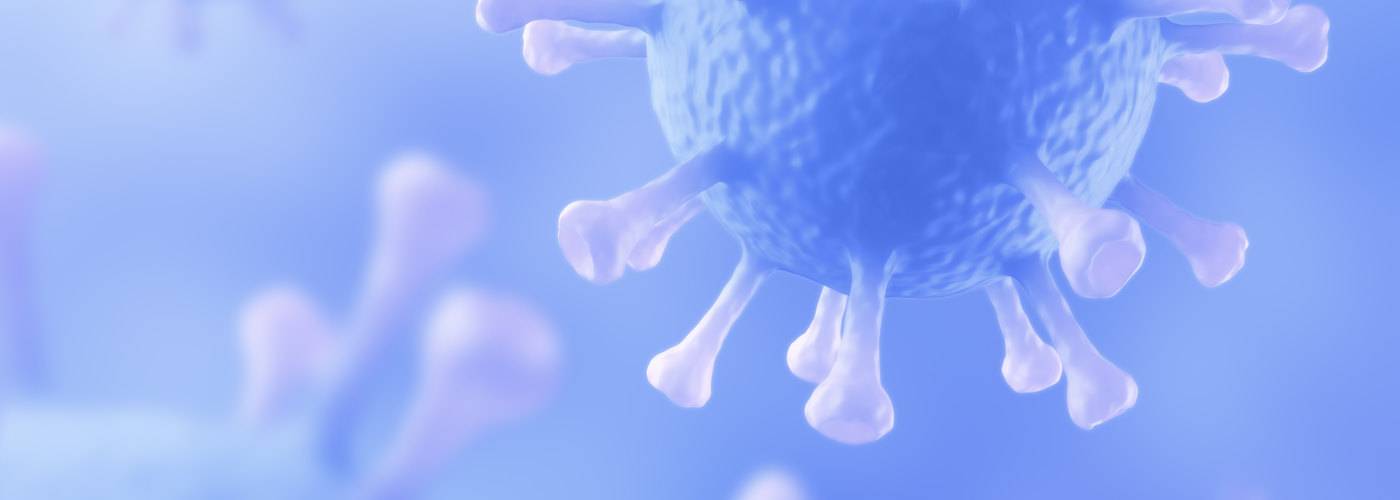
Featured course: Human Tissue Repair MSc / MRes
Build your specialist skills in human tissue repair after injury. Study inflammation, immunotherapy, and transplantation science.

Featured course: Precision Medicine MSc
An interdisciplinary course relating to the understanding of disease, and the technologies that detect, diagnose and treat them.
Applications are open for 2024
We are currently accepting applications for 2024 entry. Find your ideal course and apply today.
Why study with UCL Division of Medicine?
UCL is a world-leading university, currently ranked 6th in the world for Medicine (QS World University Rankings by Subject, 2024). Based in the heart of one of the world's great cities, it offers an unrivalled student experience. When it comes to careers, London graduates start with a real advantage, with so many of the country's leading employers in the fields of healthcare, business, and communications on their doorstep.
Division of Medicine Bursaries
We are offering bursaries of £5,000 to students on the following programmes:
- MSc Advanced Biomedical Imaging
- MSc Clinical Drug Development
- MRes Clinical Drug Development
- MSc Genetics and Multiomics in Medicine
- MSc Human Tissue Repair
- MRes Human Tissue Repair
- MSc Precision Medicine
- MSc Respiratory Clinical Science.
Applications close on 31 July 2024.

 Close
Close










